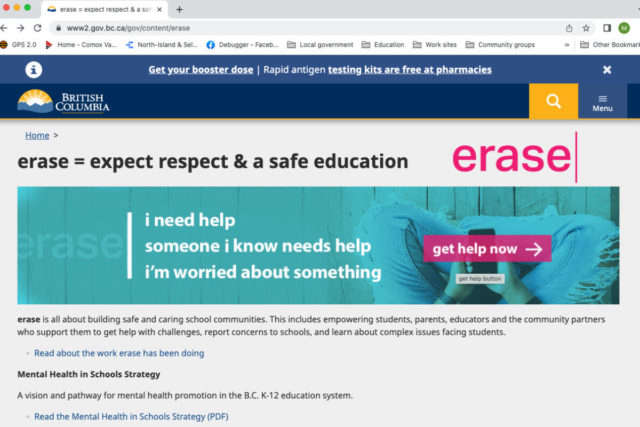
Parents from the Comox Valley successfully brought forward resolutions at a provincial conference to push the B.C. government to update education around sexual assault and harassment.
Parents from the Comox Valley successfully brought forward resolutions at a provincial conference to push the B.C. government to update education around sexual assault and harassment.
The annual conference for the BC Confederation of Parents Advisory Councils took place at the end of April, and local PAC representatives submitted four resolutions, with well over 90 percent supporting the measures.
Shannon Aldinger, the parent and lawyer who authored the resolutions, said the resolutions refer to peer-to-peer sexual assault and sexual harassment, covering mandatory consent education for all students (K to 12), measures to educate students about sexual assault and harassment; a mandatory province-wide policy regarding sexual harassment in schools; clear guidance on how school personnel should respond to student complaints of peer-to-peer sexual violence (harassment/exploitation/assault); and clear guidance on how school districts should collect and assess data concerning student disclosures of sexual violence.
In a news release, she states the province recognized the problem of sexual violence in post-secondary education environments in 2016, and she wants to see similar action now for public school students.
In response to receiving the resolutions from the BC Confederation of Parents Advisory Councils, Minister of Education and Child Care Jennifer Whiteside said the ministry is listening to the voice of students and parents about the role schools play in supporting students to learn about the importance of consent. She said the province is moving forward on these issues in the short term, including making improvements to the ERASE website, which was launched to create safe and welcoming school cultures.
School District 71 said this spring it had trained sexual health educators visit secondary schools to work with staff and students. Workshops were available for students in grades 11 and 12, despite the fact B.C.’s physical health curriculum does not cover sexual health topics after Grade 10.
As well, the district has also begun supplementing elementary and secondary school resources with classroom-ready training packages and education kits. The Sexual Health Education leads at local schools are all provided access to Ministry of Education and Child Care’s ShareEdBC resource sharing platform for educators.

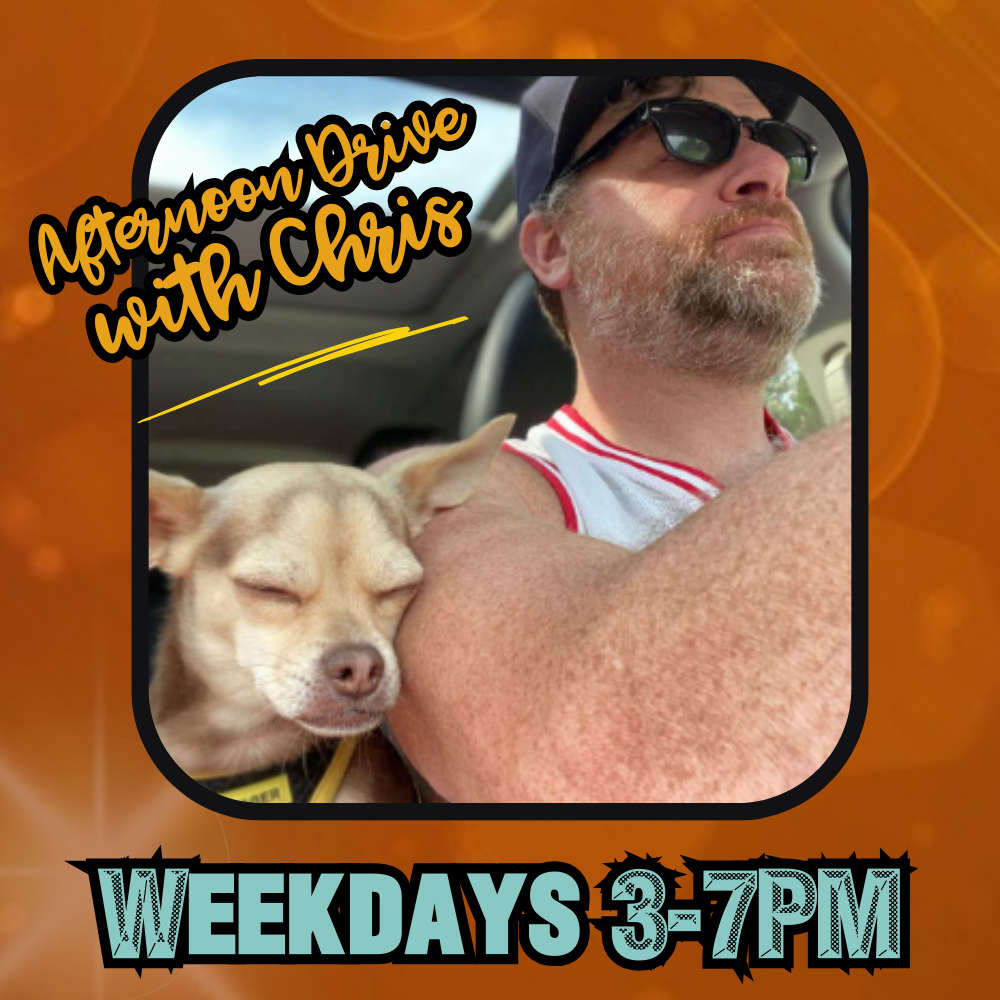
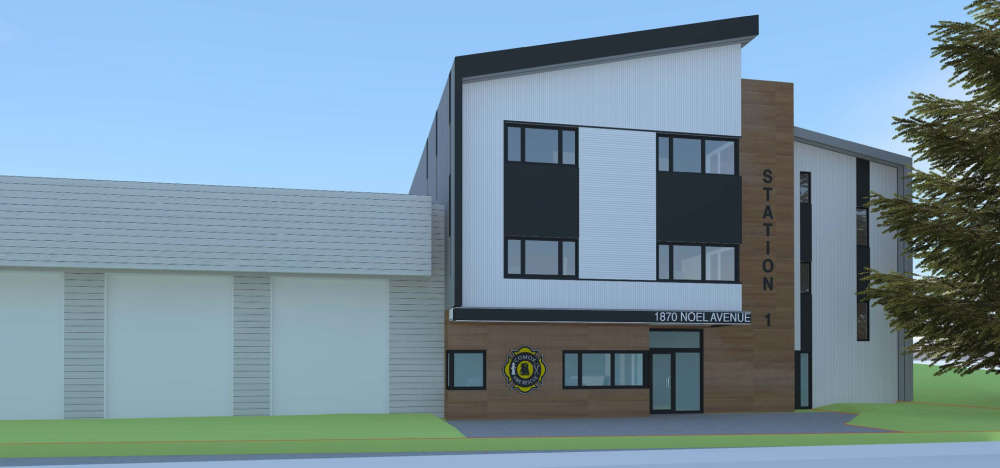 Town Of Comox Moves Ahead With Fire Hall Replacement Project
Town Of Comox Moves Ahead With Fire Hall Replacement Project
 City Of Courtenay Budget Simulator Closes Today
City Of Courtenay Budget Simulator Closes Today
 Campbell River Sees Seven Black Bears Killed In 2025
Campbell River Sees Seven Black Bears Killed In 2025
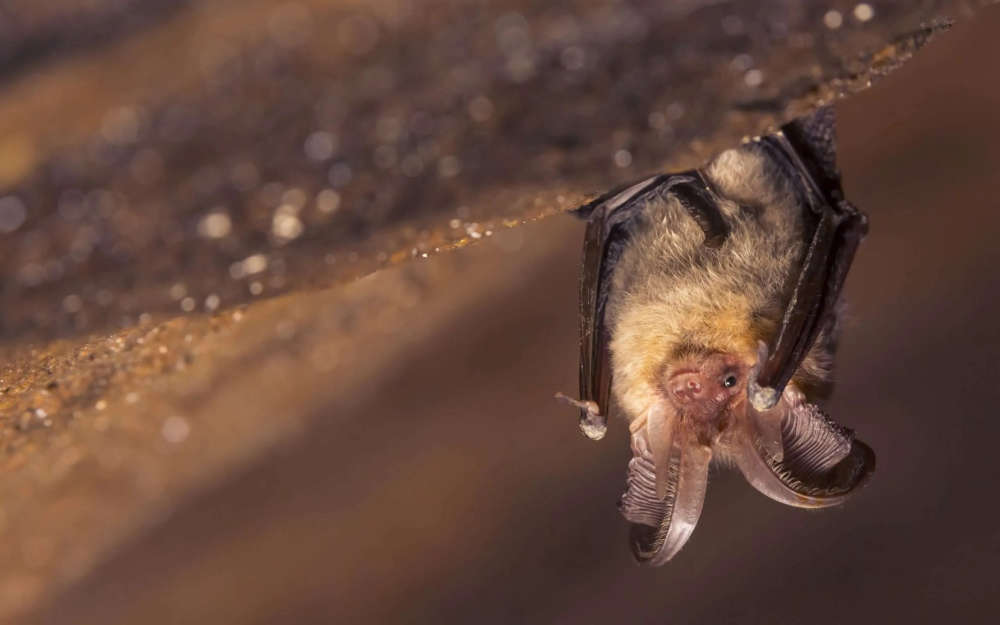 Public Asked To Help Spot Deadly Bat Disease
Public Asked To Help Spot Deadly Bat Disease
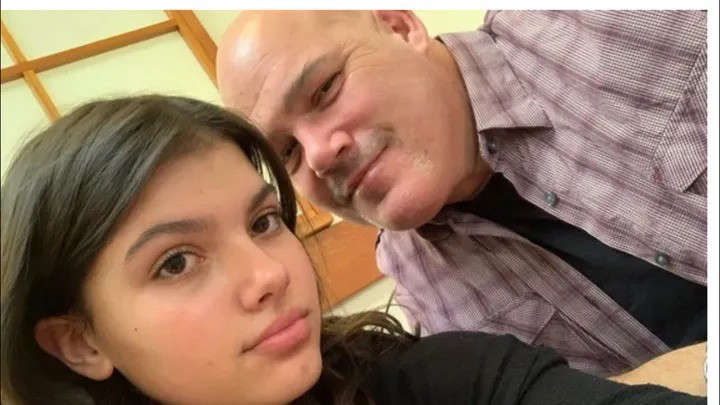 Gofundme Established For Family Of Piper James
Gofundme Established For Family Of Piper James
